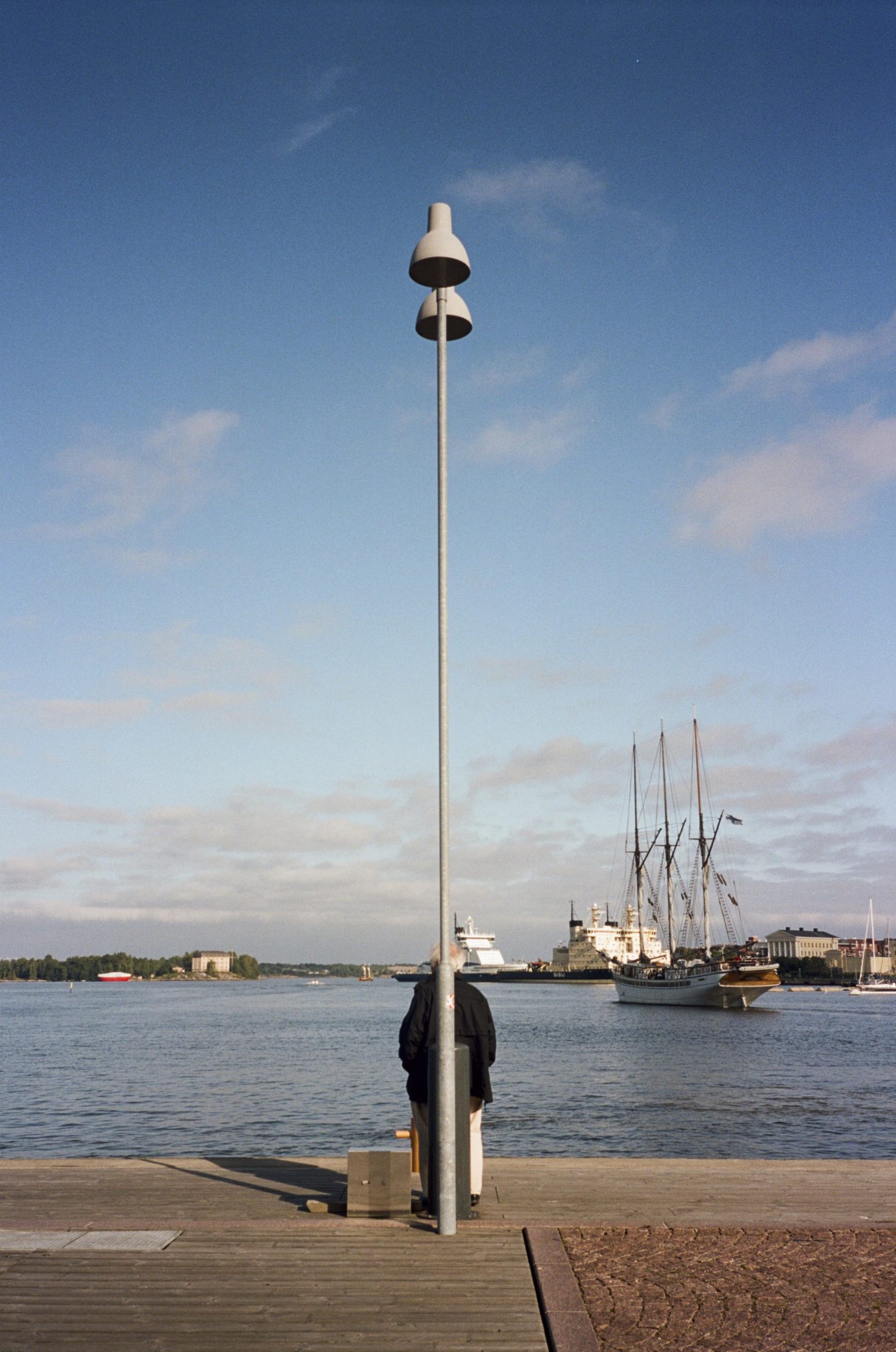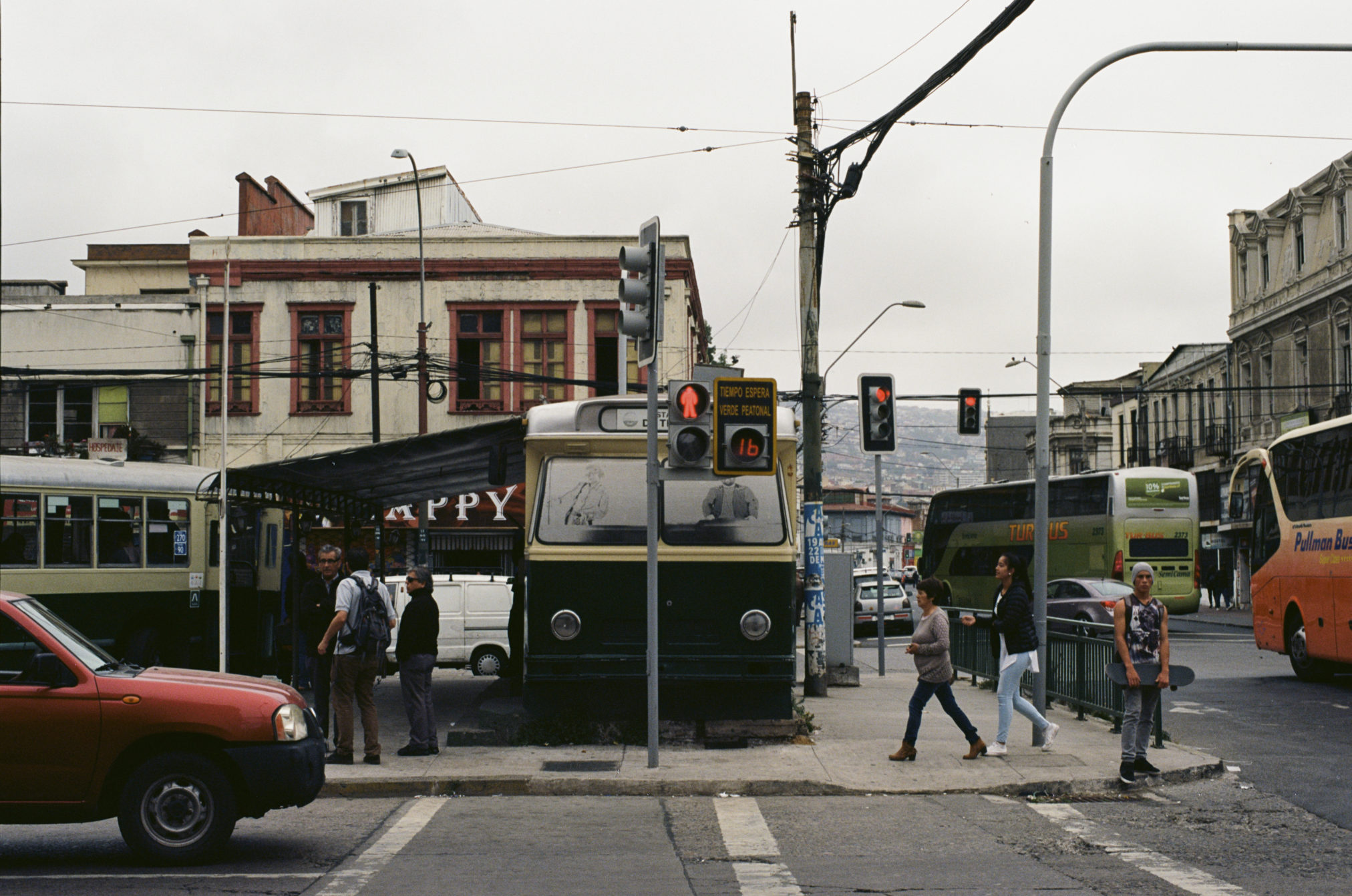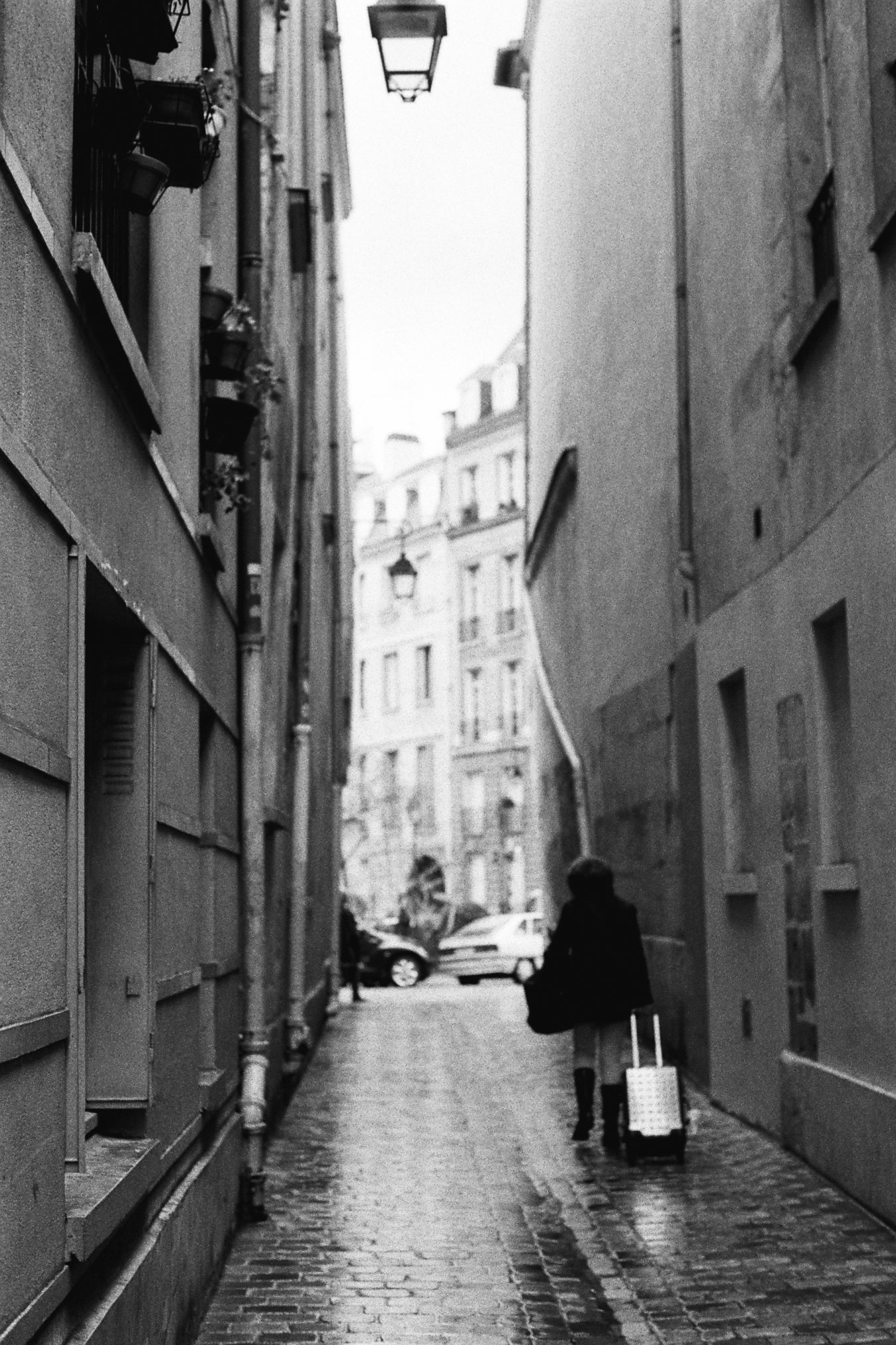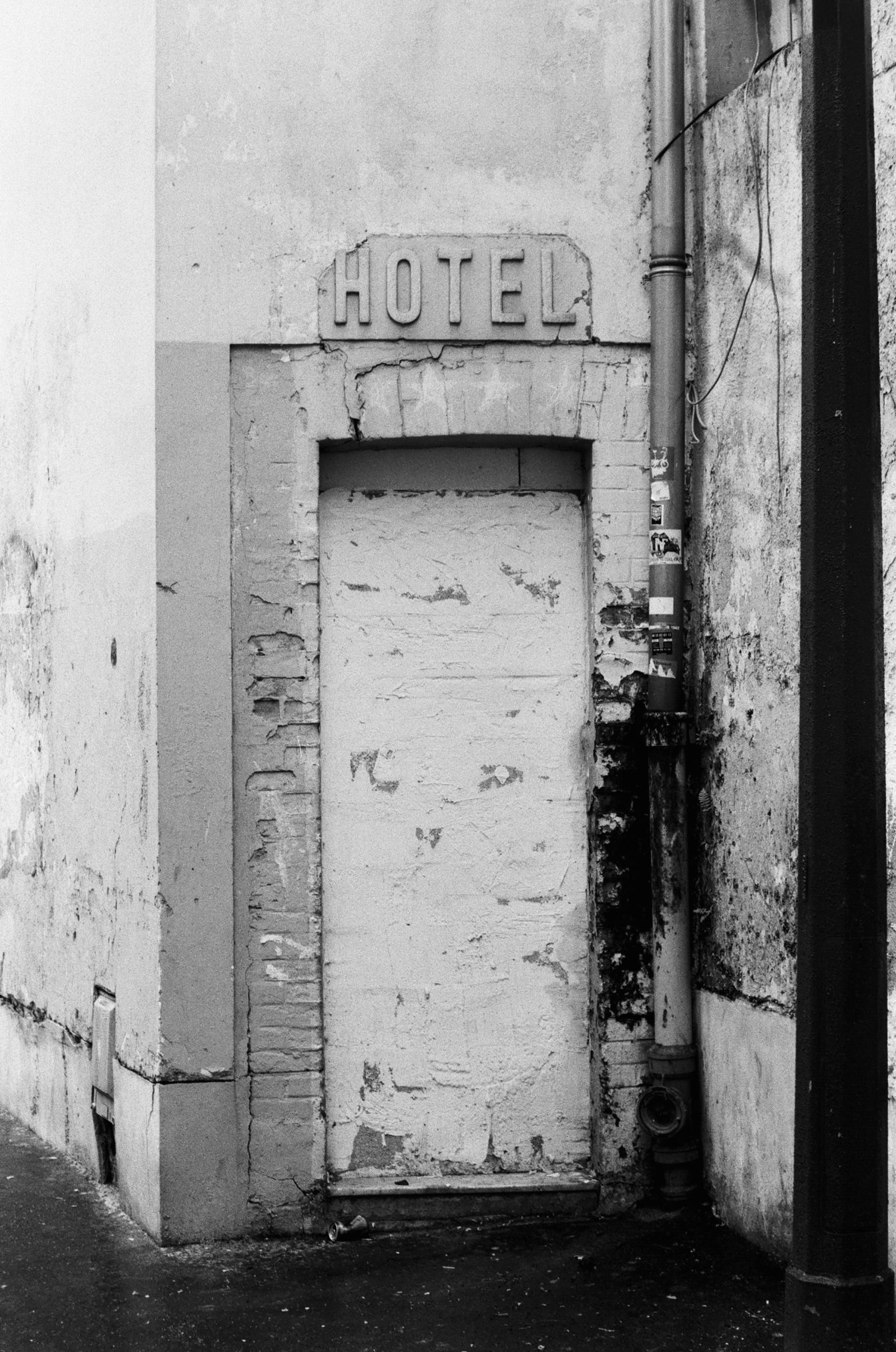For more public spaces
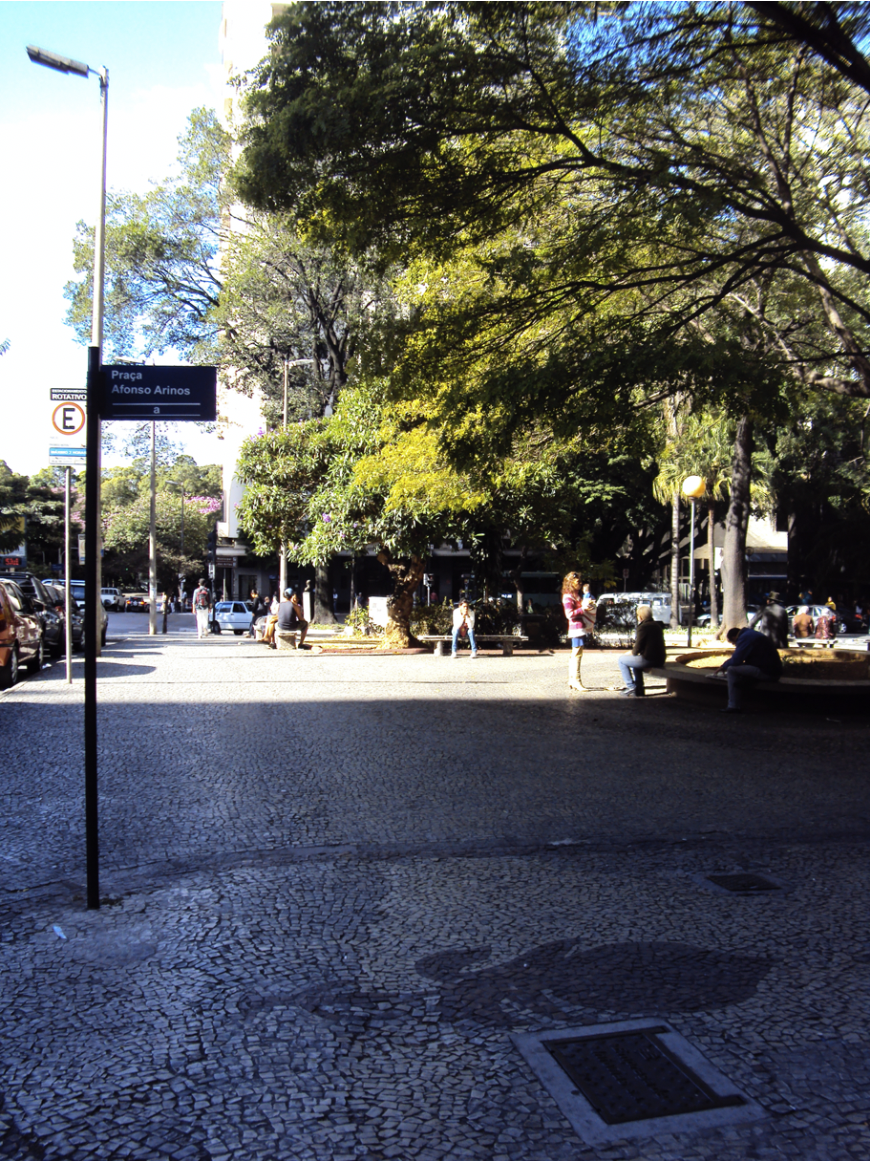
What do places mean to us as social individuals and citizens? Are plazas the void that emerges in the cityscape? Do their existence owe to monuments, gardens, seating spaces, or the meaning that society attributes to public spaces? This question resonates when we think about the public significance of city spaces, as in Belo Horizonte – the monumental capital of political, civic, and moral values of 19th-century republican Minas.
A public square is an urban element that identifies and organizes the city’s space. Its fundamental characteristic is the free access inherent in its public nature. Such a definition implies the relationship of an open space with the surrounding buildings, their marginal plans, and facades, but it is also directly defined by its use and social value. In this sense, reflecting on public spaces would be impossible without considering the relationship between urban individuals and the city.
The full text can be accessed at the Portal Vitruvius
